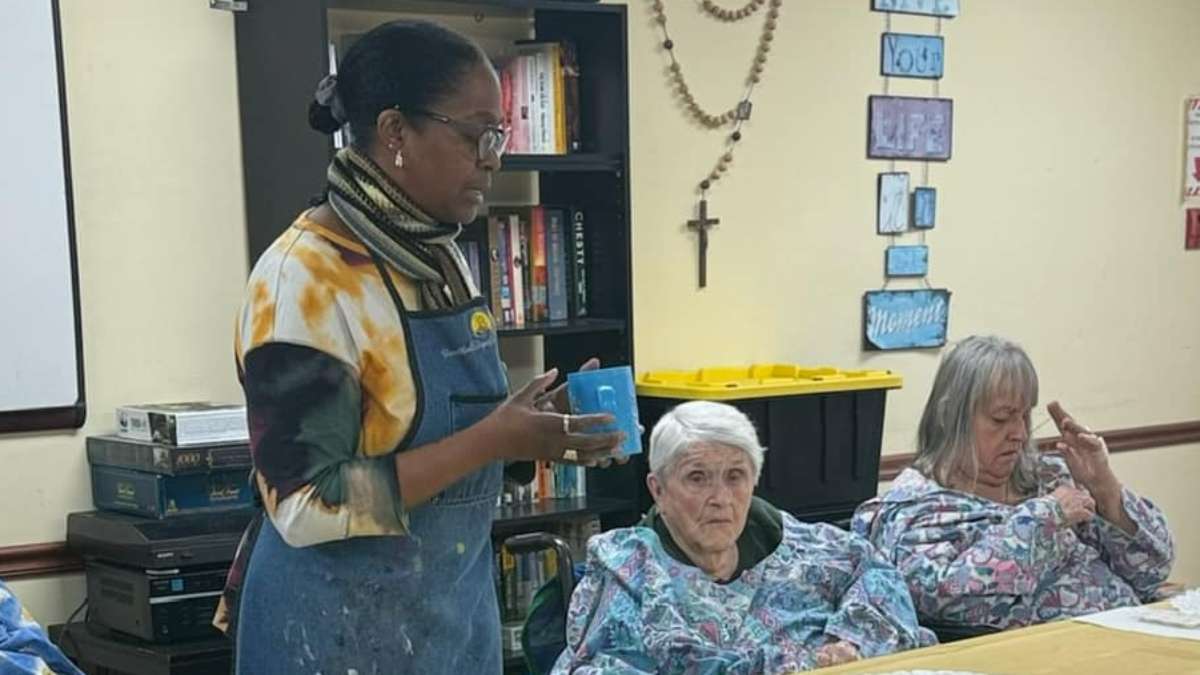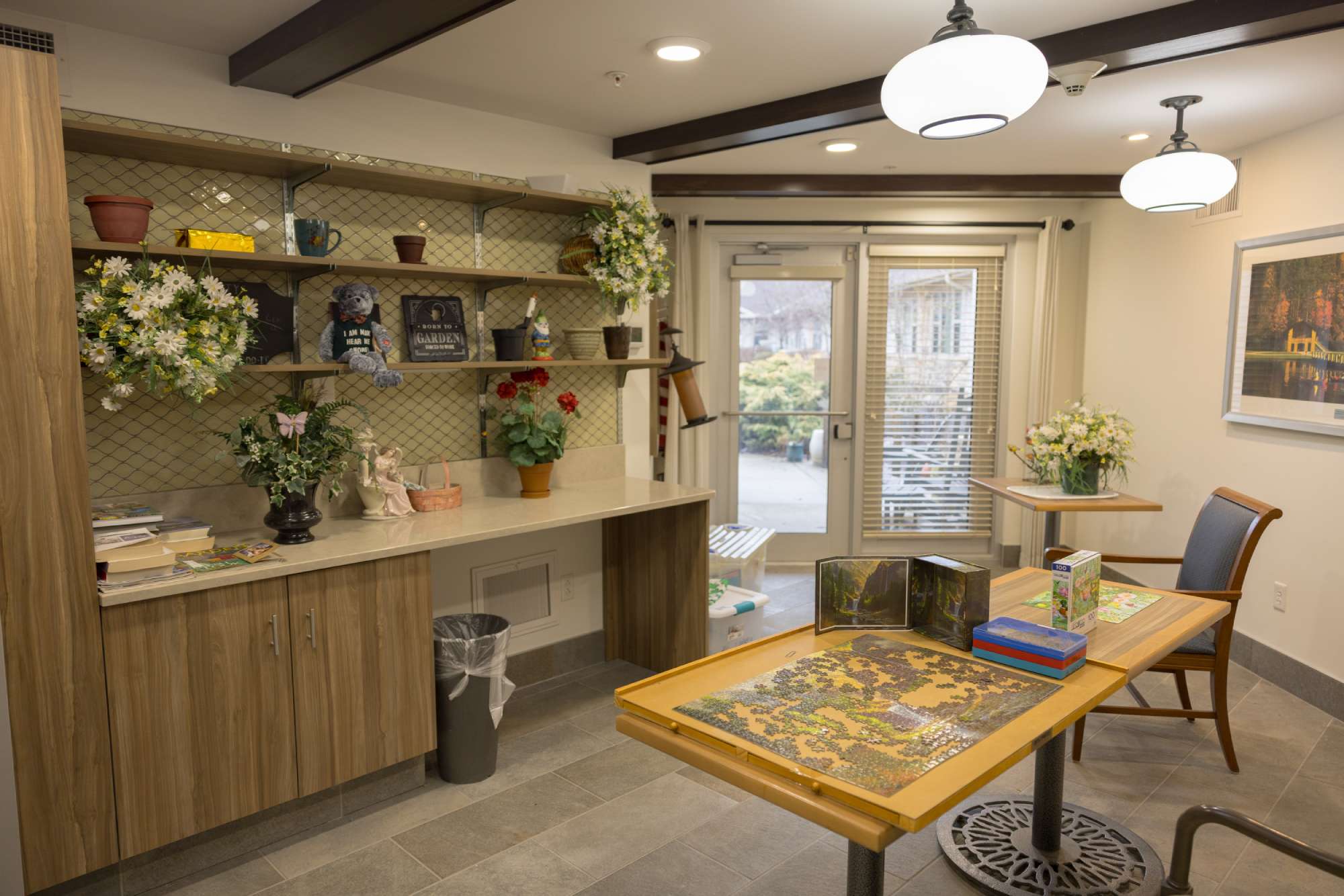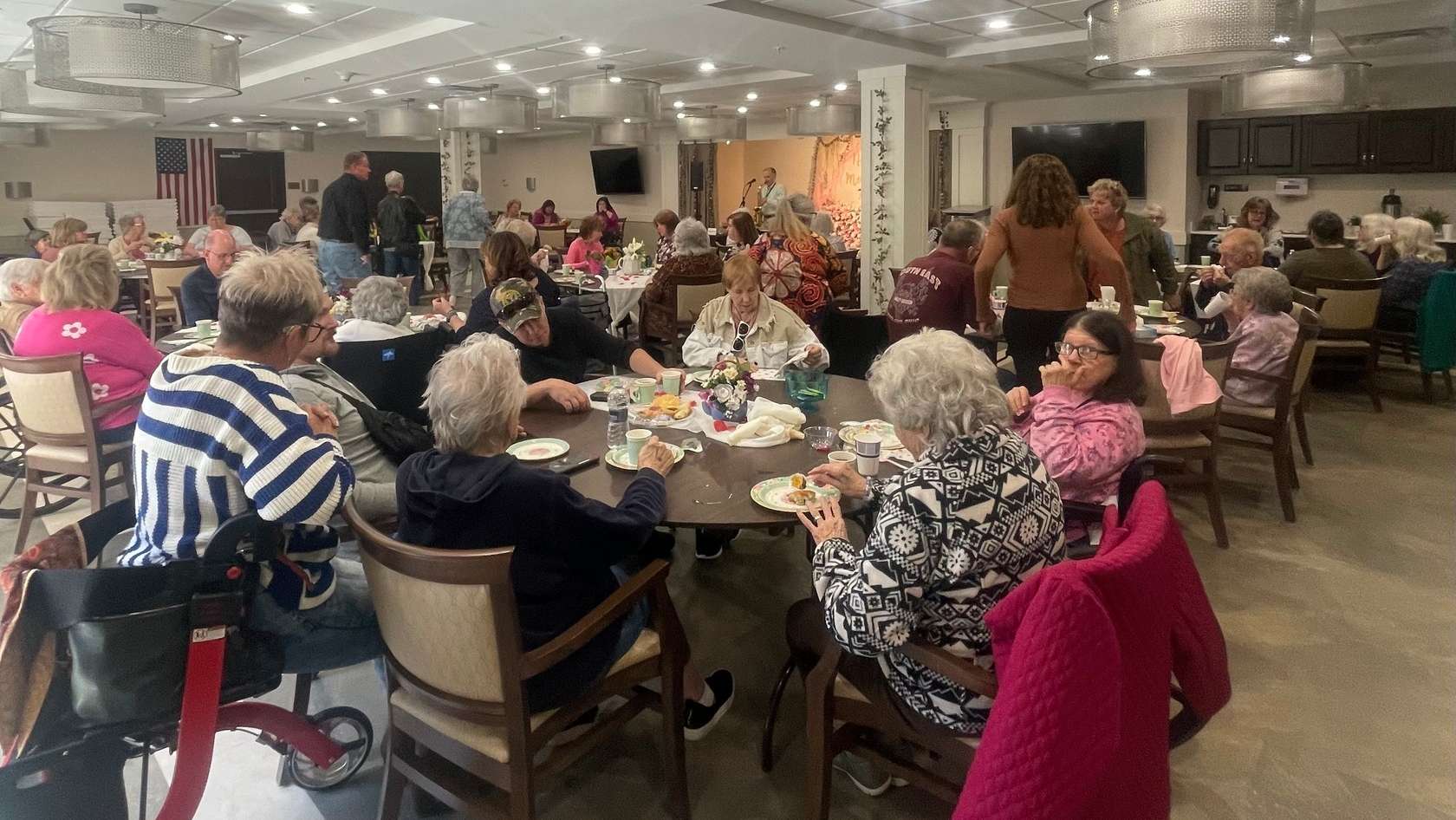
Caring for an aging loved one is an act of love—but it can also be emotionally and physically exhausting. Many caregivers take on this role while balancing jobs, families, and their own health, often without realizing just how much they’re carrying. When the time comes to consider senior care options, the added pressure can feel overwhelming.
If you’re in this position, you’re not alone—and you don’t have to navigate it without support. Managing caregiver stress isn’t about stepping back from responsibility. It’s about making space to care for yourself while ensuring your loved one receives the best possible care.
Recognizing the Signs of Caregiver Burnout
Stress often builds gradually. What starts as occasional fatigue or worry can turn into chronic overwhelm, especially when you feel like you’re the only one holding things together.
Some signs of caregiver stress include:
- Trouble sleeping or feeling constantly tired
- Feeling irritable, anxious, or helpless
- Withdrawing from friends or skipping things you once enjoyed
- Feeling guilt about not doing “enough”
- Neglecting your own health or putting off personal needs
These feelings are common and valid. Acknowledging them is the first step toward finding relief.
You Don’t Have to Do It All
It’s easy to fall into the mindset that you’re the only one who can provide care the “right” way. But seeking help doesn’t mean you’re giving up. It means you’re making a thoughtful choice to share the responsibility—so you can show up for your loved one in a more sustainable, loving way.
Senior care communities are designed to offer not just professional support, but emotional reassurance for families. The right environment can offer peace of mind that your loved one is safe, engaged, and receiving consistent, compassionate care.
The Emotional Weight of Decision-Making
Choosing a senior living community often comes with a wave of emotions—guilt, grief, uncertainty, and sometimes even relief. These feelings can coexist, and all of them are normal.
Talking through the decision with trusted family members, a counselor, or a care advisor can help clarify your priorities and reduce the pressure of making the “perfect” choice. What matters most is finding a path that feels safe, respectful, and supportive for your loved one—and manageable for you.
Finding Your Support System
Support can come in many forms:
- Talking openly with friends or others who’ve gone through similar experiences
- Joining a caregiver support group
- Consulting with professionals who understand senior care options
- Taking breaks to rest and reset, even briefly
- Leaning on a senior living team who can answer questions and guide the process
At Brentwood Healthcare Center, we’ve walked alongside many families during these transitions. We know how heavy this decision can feel, and we’re here to help carry some of that weight—offering clarity, compassion, and care for both residents and their families.
You don’t have to do this alone.



